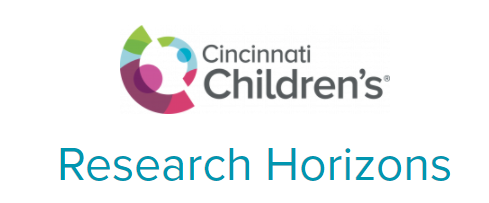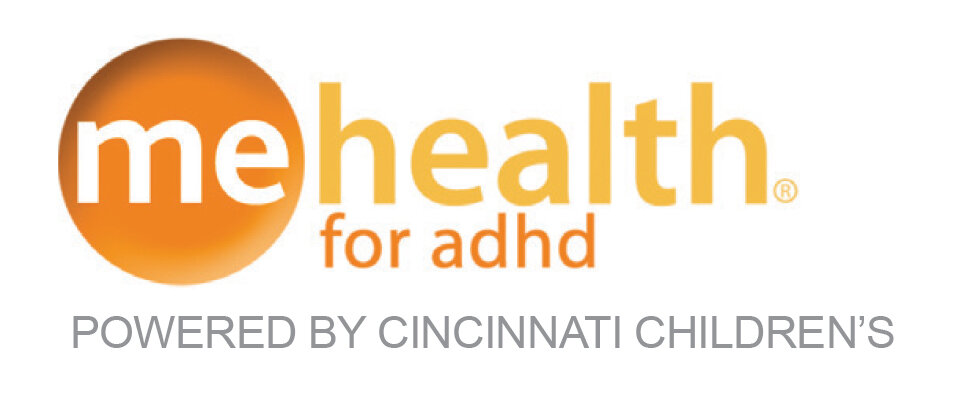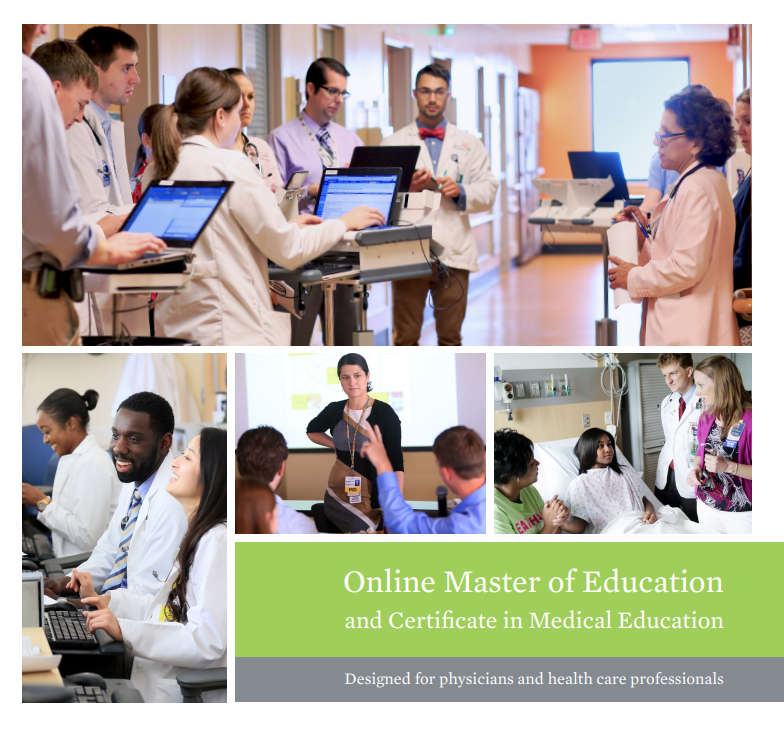Resources for pediatric providers
Check out our library of resources, tools and latest research below.
Cincinnati Children’s
Tina Cheng, MD, MPH
Cincinnati Children's is nationally recognized as a leader in pediatric healthcare, with a reputation for excellence in patient care, research and medical education. Click here to learn more about our Facts & Figures.
Virtual speaker series entitled Envisioning Our Future For Children, which features presentations by outstanding global thought-leaders, clinicians, and researchers. Register to attend an upcoming virtual seminar or view recordings of our past events.
Sign up for a subspecialty e-newsletters
Receive updates on the latest research findings, innovations and clinical education programs for a number of our specialties.
Emergency Medicine
Michelle Eckerle, MD
Predictors of Severe Outcomes in Children with COVID-19
A new international study offers a clearer picture of the impact of COVID-19 infection and the risk of severe outcomes on young people around the world. Click here to read more.
General Pediatrics
William Brinkman, MD, MEd, MSc
mehealth™ for ADHD is an evidence-based, comprehensive, and easy-to-use online tool for improving the quality of ADHD care. Click here to learn more.
Christopher Peltier, MD, FAAP
Community Practice Support Tools
Our Community Practice Support Tools were created for pediatric providers like you. Our tools provide assessment and referral guidelines on clinical topics important to your practice. Below is a sample of relevant topics for you to view and download. To view our full library of tools, click the link below.
Hospital Medicine
Sonya Tang Girdwood, MD, PhD
Perspectives from the Society for Pediatric Research: pharmacogenetics for pediatricians
Drs. Sonya Tang Girdwood and Laura Ramsey at Cincinnati Children’s led this important review article in Pediatric Research that evaluates pediatric evidence for pharmacogenetic associations for drugs commonly prescribed by or encountered by pediatric clinicians across multiple subspecialties. Addresses proton pump inhibitors, selective serotonin reuptake inhibitors, selective norepinephrine reuptake inhibitors, ADHD medications and more.
Samir Shah, MD, MSCE, MHM
Samir Shah, MD, MSCE, MHM is EDITOR-IN-CHIEF of the Journal of Hospital Medicine.
Infectious Diseases
Paul Spearman, MD
Learn more about infectious disease and vaccine research on the Cincinnati Children's Science Blog.
Medical Education
Javier Gonzalez del Rey, MD, MEd
Pediatric Emergency Medicine Fellowship
The pediatric emergency medicine fellowship at Cincinnati Children’s is designed to prepare physicians for academic careers in the growing subspecialty of pediatric emergency medicine. Click here to learn more.
Melissa Klein, MD, MEd
Online Master of Education and Certificate in Medical Education
Ndidi Unaka, MD, MEd
Moving Upstream to Address Root Causes and Promote Health, Well-Being and Equity
Andrew Beck, MD, MPH, Associate Division Director for Community Health, Division of General & Community Pediatrics, Faculty Co-lead, Community and Population Health, Cincinnati Children’s Attending Pediatrician and Associate Professor, Divisions of General & Community Pediatrics and Hospital Medicine, Cincinnati Children’s & University of Cincinnati College of Medicine
Ndidi Unaka, MD, MEd, Medical Director Quality Improvement and Analytics, HealthVine Medical Director, A6NS Inpatient Unit, Associate Professor, Division of Hospital Medicine, Cincinnati Children’s
Introduce terms relevant to the pursuit of population health
Uncover root causes of child health inequities
Identify upstream approaches necessary to achieve excellent and equitable child health outcomes
Division Of Neonatology
James Greenberg, MD
2021 Perinatal Institute Accomplishments Report
Spectral Lighting: Novel Science Leads to Innovative NICU Design
Heather Kaplan, MD, MSCE
Quality Improvement
The Model for Understanding Success in Quality (MUSIQ): building a theory of context in healthcare quality improvement
Division of Nephrology and Hypertension
Prasad Devarajan, MD
Nephrology Lab
Stuart Goldstein, MD, FAAP, FNKF
Acute Kidney Injury
For Continuous Dialysis Nafamostat Shows Similar Efficacy, Lower Toxicity, Lower Costs vs. Citrate
A commonly-used dialysis anticoagulant in South Korea and Japan may eventually become an option for children in the US who need continuous renal replacement therapy (CRRT), a slower form of kidney dialysis that puts less strain on the heart.
A study published March 28, 2022 in Pediatric Nephrology compares nafamostat mesilate to regional citrate anticoagulation (RCA), which is commonly used in the EU and in the US under an Emergency Use Authorization. Click here to read more.
Charles Varnell Jr., MD, MS
Kidney Transplant
For Kidney Transplantation, Investing in Medication Adherence Program Pays Off
Even if starting a medication adherence program cost $2.5 million to set up and $188,000 a year to maintain, doing so would still reduce the overall costs involved in providing and supporting kidney transplants to teens and young adults by reducing acute rejection rates and their associated costs. And along the way, many people would live longer, healthier, more productive lives with their donated organs. These are some of the findings from a study published Feb. 25, 2022, in the American Journal of Kidney Diseases. The analysis was led by Charles Varnell, MD, MS and David Hooper, MD, MS, at Cincinnati Children’s and Mark Eckman, MD, MS, at the University of Cincinnati. Click here to read more.
Population Health
Chidiogo Anyigbo, MD, MPH
Community and Population Health
Cincinnati Children’s cares about the health of all children in the community, not just those who might need care within the hospital.
Andrew Beck, MD
Study in Health Affairs led by Cincinnati Children’s provides rigorous calculation of the impact of medical-legal partnerships, suggests expansion. Click here to read more.
Residency
Sue Poynter, MD, MEd
Have any questions for our faculty? Get in touch.
Send your question and let us know if you prefer a response from a particular faculty member.











































